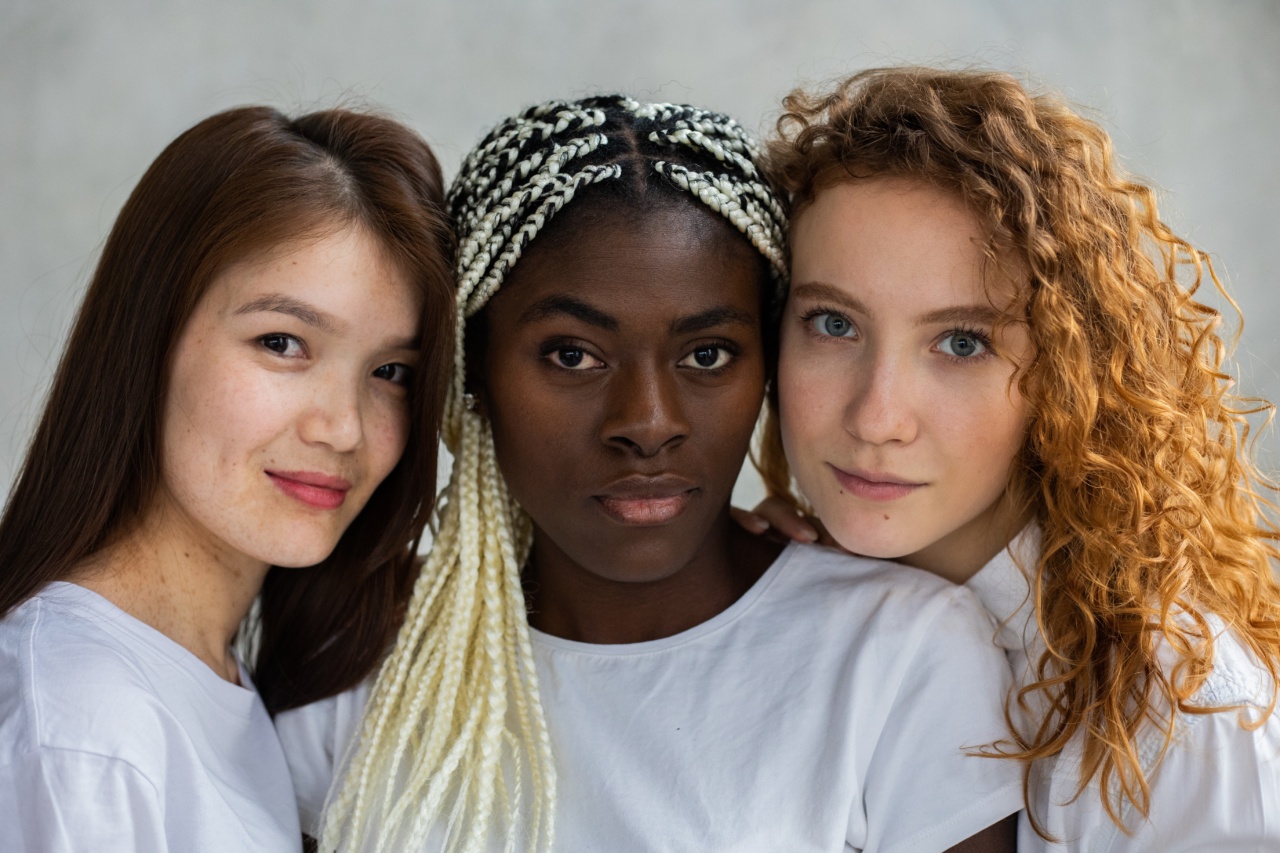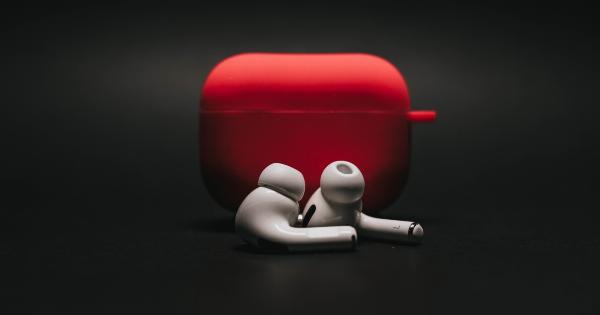In today’s digital age, everything is captured on camera – from our everyday experiences to major life events.
Whether we are consciously aware of it or not, our sense of identity is inevitably shaped and often disrupted by this constant presence of cameras. This article explores the impact of cameras on our sense of self and the challenges we face in maintaining a stable identity in a camera-centric world.
The Pervasive Influence of Social Media
Social media platforms like Facebook, Instagram, and Snapchat have elevated the significance of capturing and sharing moments. We are now expected to curate and present our lives through carefully filtered images and videos.
As a result, we often find ourselves constructing a version of our identity that is heavily influenced by the perceived expectations of others. The camera becomes a tool for self-presentation, but it can also distort our true sense of self.
The Performance of Authenticity
Many individuals feel compelled to perform a version of themselves that is deemed acceptable or desirable in the eyes of their social media followers.
This pressure to maintain a consistent image can lead to a loss of authenticity and a fragmented sense of identity. We become disconnected from our true selves as we prioritize online validation over self-acceptance and self-expression.
The Paradox of Selfie Culture
The rise of selfie culture has further complicated our sense of identity. Selfies allow us to control how we are perceived by others, presenting a carefully constructed image that may not align with our authentic selves.
We become preoccupied with capturing the perfect angle, the ideal lighting, and the most flattering filter, all in the pursuit of external validation. Our sense of self becomes tied to the number of likes and comments we receive, leading to a disconnected and potentially unstable identity.
Vulnerability and the Camera’s Gaze
Being in front of a camera can leave us feeling exposed and vulnerable. The camera’s gaze is relentless, capturing every flaw and imperfection.
In this visually-driven society, our physical appearance often takes center stage, overshadowing other aspects of our identity. We become hyperaware of our perceived flaws, leading to self-consciousness and a distorted view of ourselves.
The Art of Self-Presentation
In an attempt to regain control over our sense of self, we may resort to consciously constructing our image. We carefully curate our online presence, selecting which aspects of our identity to emphasize and which to downplay or hide.
We become skilled at projecting a certain image to the world, but this can create a dissonance between our online persona and our true self.
The Permanence of the Digital Footprint
Once captured on camera, our images and videos have the potential to exist online indefinitely. This permanence adds another layer of complexity to our sense of identity.
What may have been a passing moment or a temporary emotion can now be frozen in time, forever accessible to others. We must navigate the challenge of embracing our imperfections and evolving as individuals while our digital footprint remains as a constant reminder of our past selves.
Self-Comparison and FOMO
The constant exposure to others’ carefully curated lives on camera can lead to a sense of inadequacy and self-comparison.
We may develop a fear of missing out (FOMO) as we compare our own experiences to the seemingly glamorous and envy-inducing lives of others. This comparison can further disrupt our sense of identity as we constantly strive to measure up to an ideal that may not even be realistic.
Exploring Authentic Connections
Despite the challenges posed by cameras, there is still an opportunity for genuine self-expression and connection.
By recognizing and resisting the pressures of performing for the camera, we can cultivate a sense of identity that is more grounded in authenticity. We can seek out meaningful connections that transcend the surface level and embrace vulnerability as a strength rather than a weakness.
Conclusion
The omnipresence of cameras in our lives has undoubtedly disrupted our sense of identity.
From the pressure to perform for social media to the fear of missing out and self-comparison, we face numerous challenges in maintaining a stable and authentic sense of self. However, by recognizing the impact of cameras on our identity and consciously navigating these challenges, we can reclaim control over our self-perception and forge genuine connections in an increasingly camera-centric world.





























